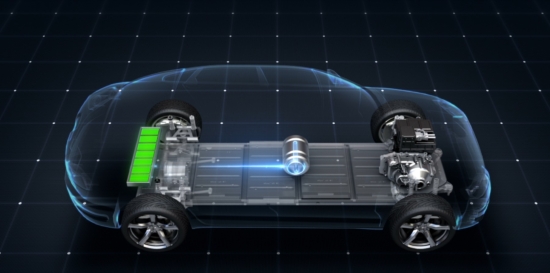Horiba MIRA: Brexit trade rules will drive UK demand for battery development
 (Photo: Horiba Mira)
(Photo: Horiba Mira)
Test specialist Horiba Mira expects the new ‘rules of origin’ clause will drive a surge in demand for development and testing of EV battery packs.
It comes as last month Aston Martin boss and Nissan planning chief Dr Andy Palmer issued a warning to the UK government that the Brexit trade deal, alongside ambitious plans to ban the sale of new petrol and diesel cars by 2030, presents a risk of “crippling tariffs” for the UK automotive industry unless the sector invests heavily in domestic battery production for electric vehicles.
The ‘rules of origin’ terms negotiated under the UK-EU deal stipulates that, by 2026, at least 55 per cent of the car’s value must be derived from either the UK or the EU, or face substantial tariffs significantly increasing the cost of the finished vehicle when exported.
Greg Harris, Global Strategy Lead for Electrification at HORIBA MIRA: “OEMs looking to meet the new ‘rules of origin’ clause will be looking to source as much as they can from the UK, and to implement these changes into the supply chain will require extensive development and testing, with EV battery packs being a major focus due to the high value of those components. Investment into R&D and the infrastructure for EV battery development and production pioneering initiatives such as the UK Battery Industrialisation Centre in Coventry are going to be key to success.”
Harris added: “…The good news is that the UK is one of the most promising places to create and build a world-class battery production sector and has already built significant expertise in this area. A great example of this is the recent investment by BritishVolt, not only to build a new £2.6bn gigafactory in Blyth, but also to site its new global headquarters at our MIRA Technology Park in Nuneaton. This highlights the unique opportunity to create localised production.”



Comments